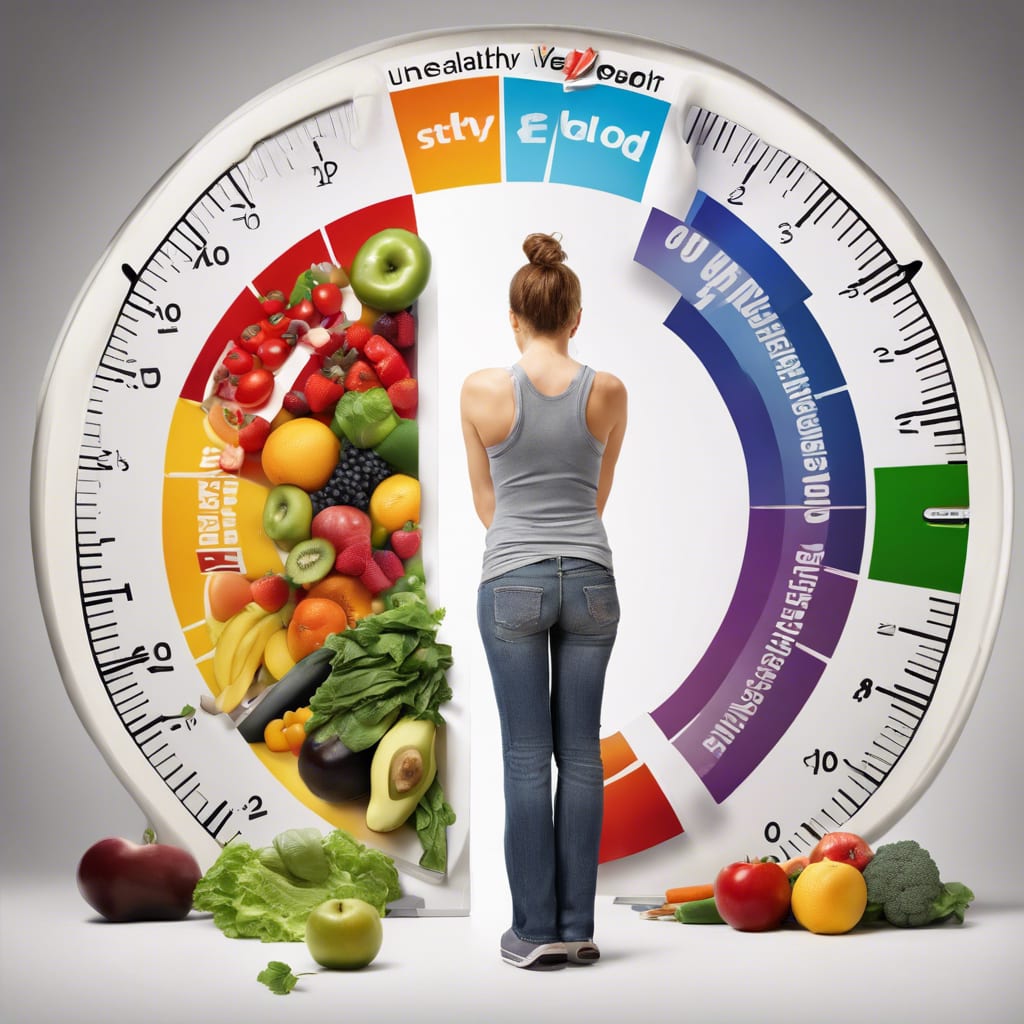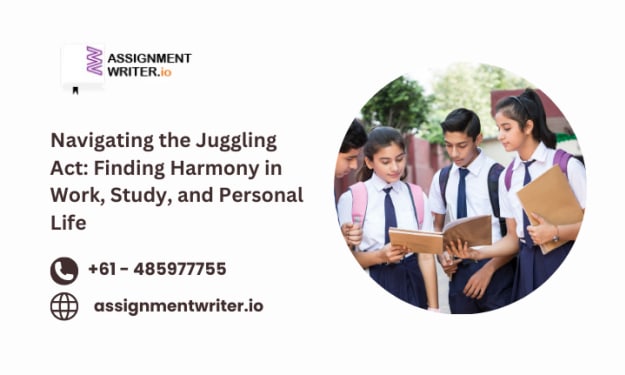The Silent Threat: Unveiling the Dangers and Management of High Blood Pressure (Hypertension)
Understanding the Numbers and Taking Control of Your Heart Health

The Silent Threat: Unveiling the Dangers and Management of High Blood Pressure (Hypertension)
High blood pressure, often referred to as hypertension, is a surprisingly common condition. Statistics from the American Heart Association (AHA) show that nearly one in three adults in the United States have hypertension, making it a significant public health concern. But despite its prevalence, many people lack a clear understanding of what high blood pressure means, its potential consequences, and how to manage it effectively.
Demystifying Blood Pressure Readings: The Two Numbers Explained
Blood pressure is the force exerted by circulating blood against the walls of your arteries. It's measured in millimeters of mercury (mmHg) and expressed as two numbers:
- Systolic Pressure (Top Number): This represents the pressure when your heart contracts and pumps blood out to your body.
- Diastolic Pressure (Bottom Number): This reflects the pressure when your heart relaxes between beats.
When Numbers Go Up: Defining Normal and High Blood Pressure
According to the latest guidelines from the AHA, a normal blood pressure reading is below 120/80 mmHg. However, blood pressure readings can fall into different categories:
- Normal: Less than 120/80 mmHg
- Elevated: Systolic pressure between 120-129 mmHg and diastolic pressure less than 80 mmHg
- Stage 1 Hypertension: Systolic pressure 130-139 mmHg or diastolic pressure 80-89 mmHg
- Stage 2 Hypertension: Systolic pressure greater than 140 mmHg or diastolic pressure greater than 90 mmHg
The Silent Threat: Why High Blood Pressure is Dangerous
Hypertension is often called the "silent killer" because it rarely presents any noticeable symptoms. However, the long-term consequences of uncontrolled high blood pressure can be devastating, potentially leading to:
- Stroke: When a blood clot blocks blood flow to the brain, causing brain cell death and tissue damage.
- Heart Failure: Over time, the heart muscle weakens due to the constant strain of pumping against high blood pressure, potentially leading to heart failure.
- Kidney Disease: High blood pressure can damage the delicate filtering system in your kidneys, leading to chronic kidney disease.
- Vision Problems: Damage to blood vessels in the eyes can contribute to vision loss or blindness.
- Aneurysm: A weakened or bulging area in the wall of an artery that can burst if not treated, causing life-threatening bleeding.
Unmasking the Culprits: Factors Contributing to High Blood Pressure
While the exact cause of hypertension remains unknown in some cases, several factors can contribute to its development:
- Family History: Having a close relative with hypertension increases your risk.
- Lifestyle Habits: Unhealthy habits like a diet high in sodium (salt), saturated fat, and added sugars, physical inactivity, and excessive alcohol consumption can significantly increase your risk.
- Weight Management: Being overweight or obese is a major risk factor for hypertension.
- Chronic Health Conditions: Diabetes, kidney disease, and sleep apnea can contribute to high blood pressure.
- Stress: Chronic stress can elevate blood pressure levels.
Taking Charge of Your Heart Health: Modern Strategies for Managing Hypertension
The good news is that hypertension is often treatable and manageable with a combination of lifestyle modifications and sometimes medication. Here are some key strategies to consider:
- Embrace a Heart-Healthy Diet: Prioritize a diet rich in fruits, vegetables, whole grains, and lean protein. Limit sodium intake, aiming for less than 2,300 milligrams per day, ideally reaching less than 1,500 milligrams, especially for individuals at higher risk. The DASH (Dietary Approaches to Stop Hypertension) diet, rich in fruits, vegetables, low-fat dairy products, whole grains, and lean protein, with limited saturated and total fat, cholesterol, sodium, and added sugars, has been shown to be effective in lowering blood pressure.
- Move Your Body Regularly: Aim for at least 150 minutes of moderate-intensity exercise or 75 minutes of vigorous-intensity exercise per week. Regular physical activity helps lower blood pressure and improve overall cardiovascular health. In addition to traditional cardio exercises, consider incorporating resistance training into your routine, as studies suggest it can be just as effective in lowering blood pressure as aerobic exercise.
- Maintain a Healthy Weight: Losing weight if you're overweight or obese can significantly reduce your blood pressure.
- Manage Stress Effectively: Find healthy ways to manage stress, such as yoga, meditation, or deep breathing exercises. Mindfulness-based stress reduction (MBSR) programs have gained popularity in recent years and can be a valuable tool for managing stress and potentially lowering blood pressure. Additionally, incorporating technology into your stress management routine can be beneficial. There are a growing number of apps and wearable devices available that offer guided meditations, relaxation techniques, and even biofeedback to help you monitor your stress response and learn to manage it effectively.
- Limit Alcohol Consumption: Excessive alcohol consumption can raise blood pressure. Aim for moderate alcohol intake, defined as one drink per day for women and two drinks per day for men.
- Don't Smoke: Smoking damages blood vessels and increases blood pressure. Quitting smoking is crucial for overall health and heart health.
- Work with your Doctor: Regular doctor visits are essential for monitoring your blood pressure and discussing medication if necessary. There are different classes of blood pressure medications available, and your doctor will work with you to find the most appropriate treatment based on your individual needs and health profile.
- Emerging Risk Factors on the Horizon
While the traditional risk factors for hypertension are well-established, recent research suggests additional factors might play a role:
- Chronic Sleep Deprivation: Regularly getting less than the recommended seven to eight hours of sleep per night can disrupt hormones involved in blood pressure regulation, potentially leading to hypertension.
- Environmental Toxins: Exposure to environmental pollutants, such as air pollution and heavy metals, has been linked to an increased risk of hypertension.
- Gut Microbiome: The trillions of bacteria residing in your gut (gut microbiome) play a crucial role in overall health, and emerging research suggests a potential connection between an imbalanced gut microbiome and the development of hypertension.
Conclusion
Understanding your blood pressure and taking steps to manage it is crucial for preventing life-threatening health complications. By adopting a healthy lifestyle, managing risk factors, and working with your doctor, you can control your blood pressure and safeguard your heart health for a longer, healthier life. Remember, even small changes in your daily habits can significantly impact your blood pressure. Start by incorporating some of these strategies into your routine, and consult your doctor for personalized guidance on managing your blood pressure and optimizing your cardiovascular health.
About the Creator
suren arju
Hi there! I'm Suren, your startup guide. Entrepreneur, writer, dreamer - I share insights, tips & stories to fuel your startup journey. Ready to explore, learn & win together? Join me & let's redefine how we launch, learn & leap!
Enjoyed the story? Support the Creator.
Subscribe for free to receive all their stories in your feed. You could also pledge your support or give them a one-off tip, letting them know you appreciate their work.





Comments
There are no comments for this story
Be the first to respond and start the conversation.